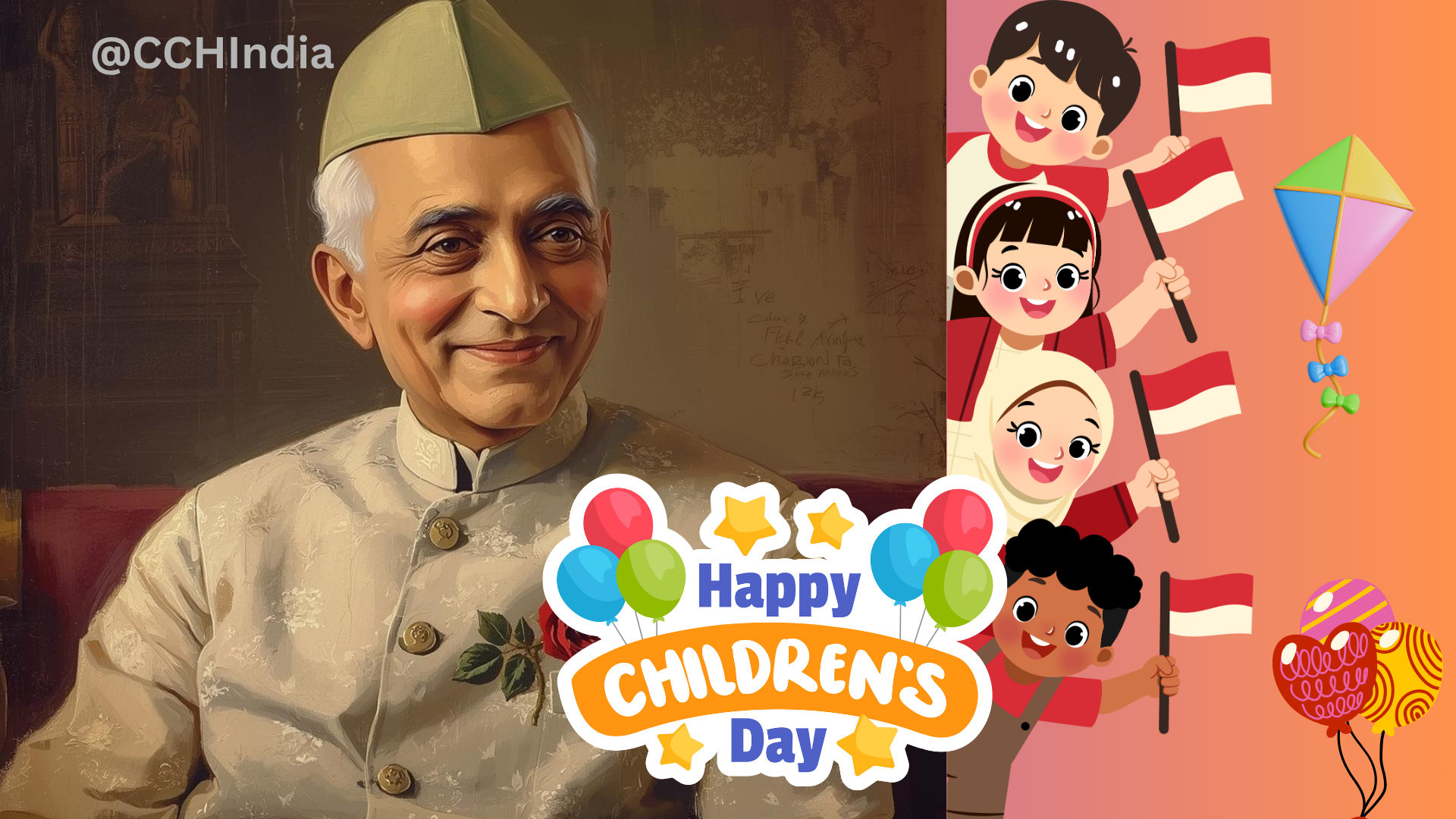International Museum Day
Every year on May 18, the globe celebrates International Museum Day. This day has been commemorated every year since 1977 by the International Council of Museums (I.C.O.M.) to honor the global museum community. The growth of peaceful coexistence and collaboration among nations and communities, as well as for cultural exchange and enrichment, depends on museums. This day promotes visiting museums that focus on a variety of human endeavors, including astronomy, archaeology, fashion, agriculture, and natural history. Let's visit museums as a group to learn about our historical past.
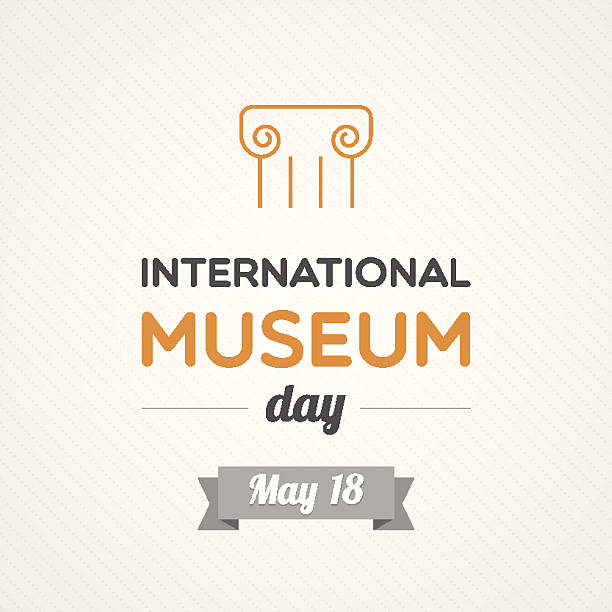
History
The worldwide museum community debated the topic "Museums and Education" in a meeting called "Crusade for Museums" conducted by the International Council of Museums (I.C.O.M.) in 1951. This conference led to the formation of the museum accessibility policy, which served as the impetus for International Museum Day.
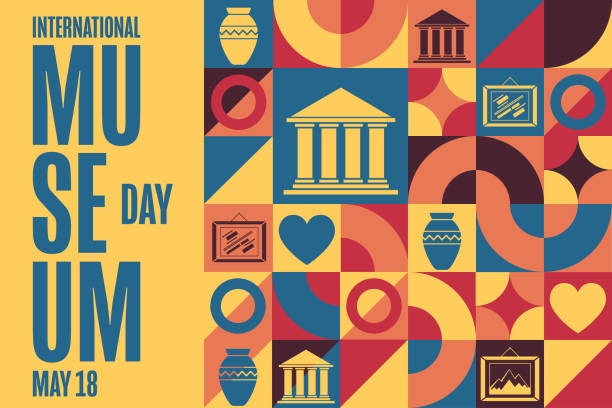
The inaugural International Museum Day was marked in Moscow in 1977 after the I.C.O.M. General Assembly passed a resolution calling for the creation of an annual celebration to further combine artistic goals and museum initiatives intended to draw attention to the benefits of museums to humanity. Additionally, it promotes the notion that museums can serve as platforms for fostering communication, interaction, and international harmony.
The group decides on a different topic each year. Since 1977, all museums worldwide have been expected to plan and take part in events to increase public awareness of the value that museums provide to society.
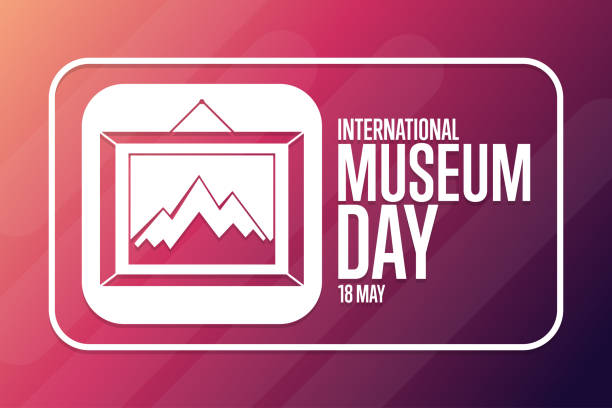
International Museum Day has steadily gained prominence throughout the years. The fact that more people have joined over the past 15 years attests to how important history is in helping us understand how society functioned.
Significance
The importance of International Museum Day (IMD) is multifaceted. It first gives museums a platform to spread awareness of their importance in preserving cultural heritage, advancing education, and encouraging intercultural communication. IMD promotes museums to present their collections, interact with their audiences, and work with other stakeholders and cultural organizations.
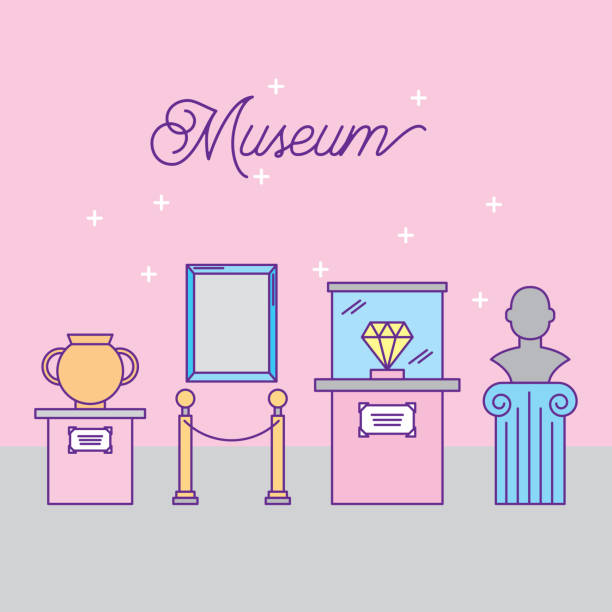
Second, IMD contributes to raising awareness of the value and significance of museums in society. It emphasizes how museums may act as catalysts for social change and creativity as well as the contributions they make to our communal memory and identity.
Finally, IMD supports the concepts of inclusion and accessibility in museums. It encourages museums to engage with a variety of audiences and to provide warm, welcoming spaces that represent the diversity of their local communities.
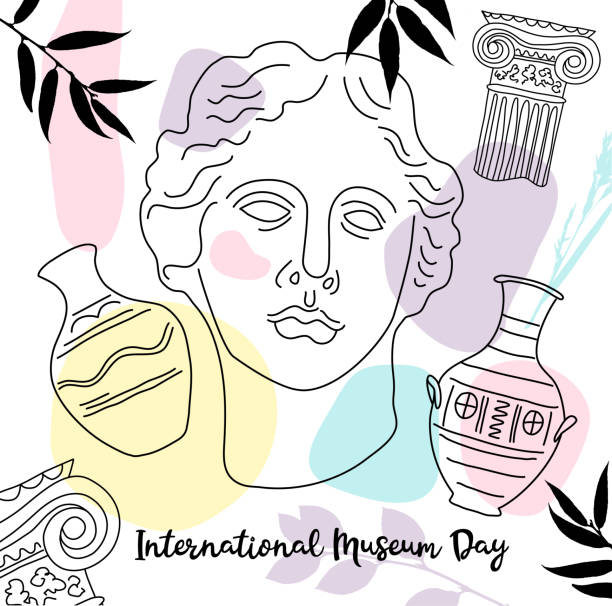
Lastly, IMD gives museums a chance to examine their procedures and exchange best practices with one another. It inspires museums to innovate, try out new audience engagement strategies, and adjust to the shifting demands and expectations of society.
Theme 2023
ICOM (International Council of Museums) selects a topic for International Museum Day each year (IMD). The subject aims to foster a worldwide conversation on the function of museums in society as well as inspire and direct museums as they prepare their events and activities for the day. The theme of the 2023 International Museum Day is "Museums, Sustainability, and Well-Being."
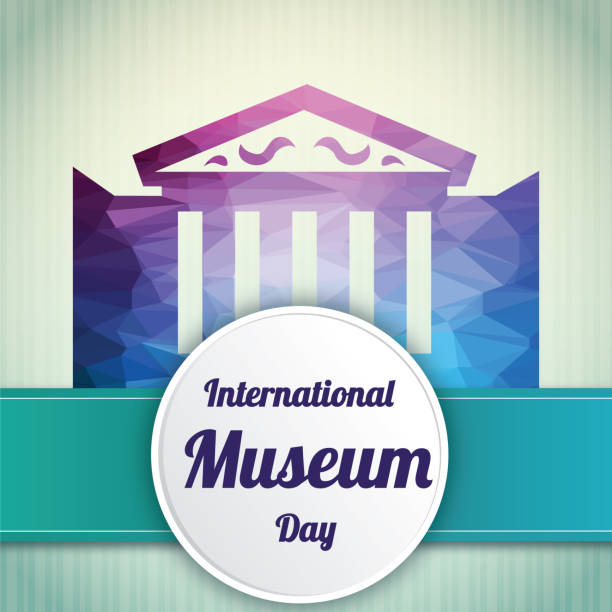
Commemoration of International Museum Day
Around the world, museums and cultural institutions celebrate International Museum Day (IMD), though the specifics of the celebrations can vary greatly depending on the location and the particular museum. There are, however, a few typical activities and events kinds that are frequently planned on IMD. These consist of:
Museums
Exhibitions and Displays:
A lot of museums take advantage of IMD to display their collections and to design unique exhibits and displays that focus on certain topics or artifacts.
Guided Tours and Talks: On IMD, several museums provide guided tours and presentations that give visitors the chance to learn more about the institution and its holdings.
Workshops and Activities:
A lot of museums host workshops and IMD events, particularly for kids and families. Craft projects, interactive displays, and instructional games are a few examples.
Cultural Performances:
Several museums host cultural events on IMD, including theatre, dance, and music productions that are tied to their collections or themes.
Collaboration Events:
Several museums organize collaborative events and activities that improve intercultural communication and understanding via collaboration with other cultural organizations and partners on IMD.
Social Media Campaigns:
To promote IMD and interact with their audiences, several museums employ social media. They may post pictures and videos of their events, hold Q&A sessions and live broadcasts, and utilize hashtags to interact with other museums and cultural organizations all around the world.
Although there are many different ways to observe International Museum Day, the main objective is always to raise awareness of the crucial role that museums play in preserving cultural heritage, advancing education, and fostering intercultural dialogue.









